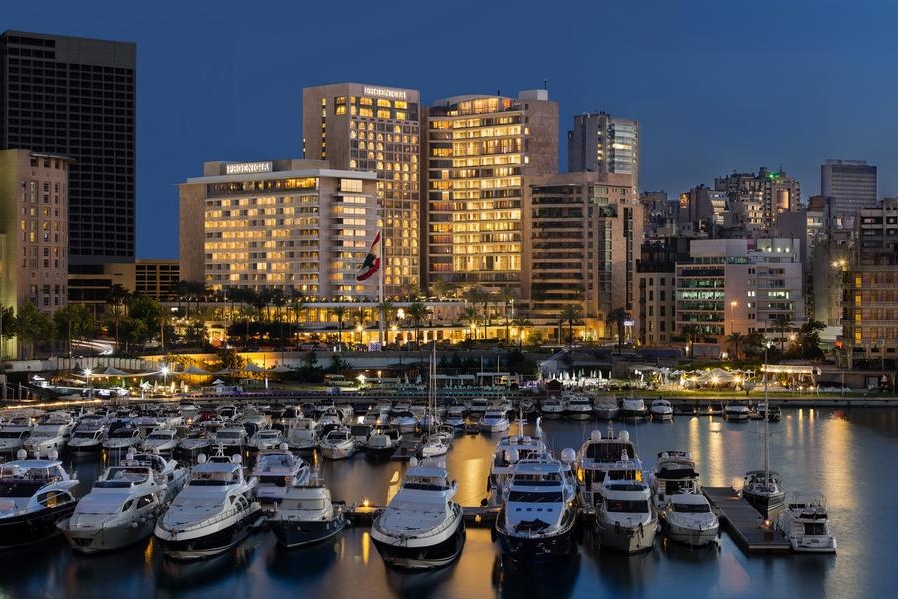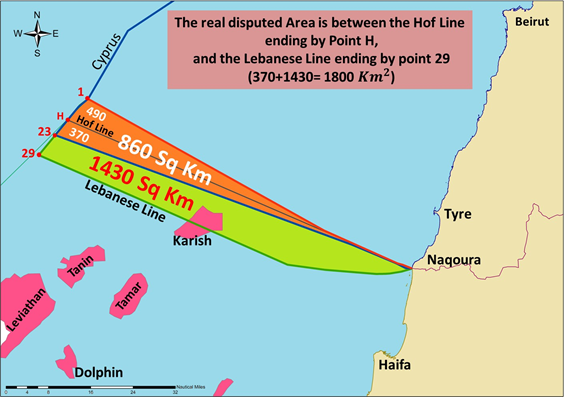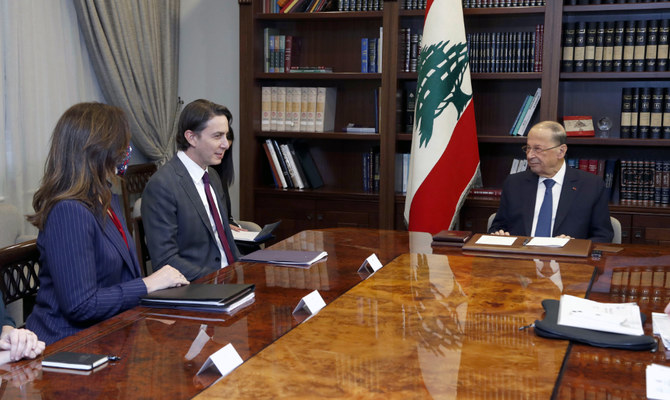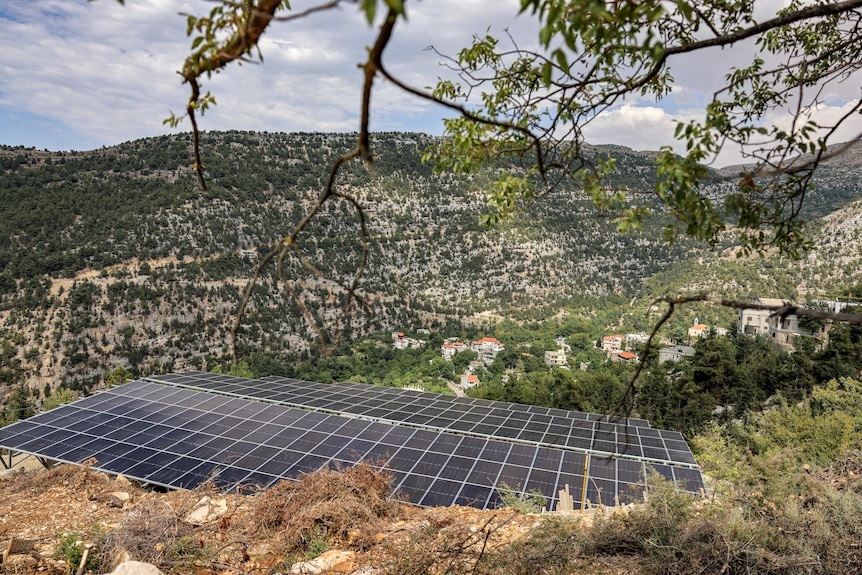
by zawya.com — Beirut: Overlooking the Beirut Marina and the Mediterranean Sea, InterContinental Phoenicia Beirut is known as “La Grande Dame” of the Lebanese capital’s hospitality scene. The hotel, which has played host to guests as diverse as silver screen legends Brigitte Bardot and Marlon Brando, to today’s top musicians including David Guetta and Alicia Keys, was forced to close its doors following the explosion of August 4th, 2020. For two years it has been unable to welcome guests, who had previously enjoyed its wide-ranging facilities, just steps away from the city’s seafront Corniche. Now, following extensive repair work, the hotel is preparing to re-open on October 3rd, 2022. The hotel will host visitors to the city who can enjoy its indoor and outdoor pools, full-service spa and gym and be spoilt for choice with its delectable array of restaurants & bars.
The reopening of the hotel is a crucial milestone in the renaissance of the Lebanese tourism industry – an emblem of luxury hospitality in the capital, opening doors to a world of fascination where great things happen – sometimes the very best moments in life. InterContinental Phoenicia Beirut is ideally situated in the centre of Beirut, just steps from the Corniche for guests to enjoy the view of Zaitunay Bay. The hotel is a short 10-minute drive from trendy Monot Street and Rafic Hariri International Airport, ideal for those looking for serenity without being too far removed from the hustle and bustle. Manrique Rodriguez – General Manager quote said, “Beirut has successfully revived its tourism scene through sheer optimism and determination, since the devastation of August 2020. The reopening of this iconic hotel in such an exciting and dynamic city tells the world that Beirut is back firmly on the tourism hotspot map in the Middle East. We’re excited to give visitors a base, in the ideal location to explore and relax in luxury, at the InterContinental Phoenicia Beirut, experiencing all that the Lebanese capital has to offer.”






